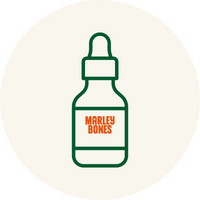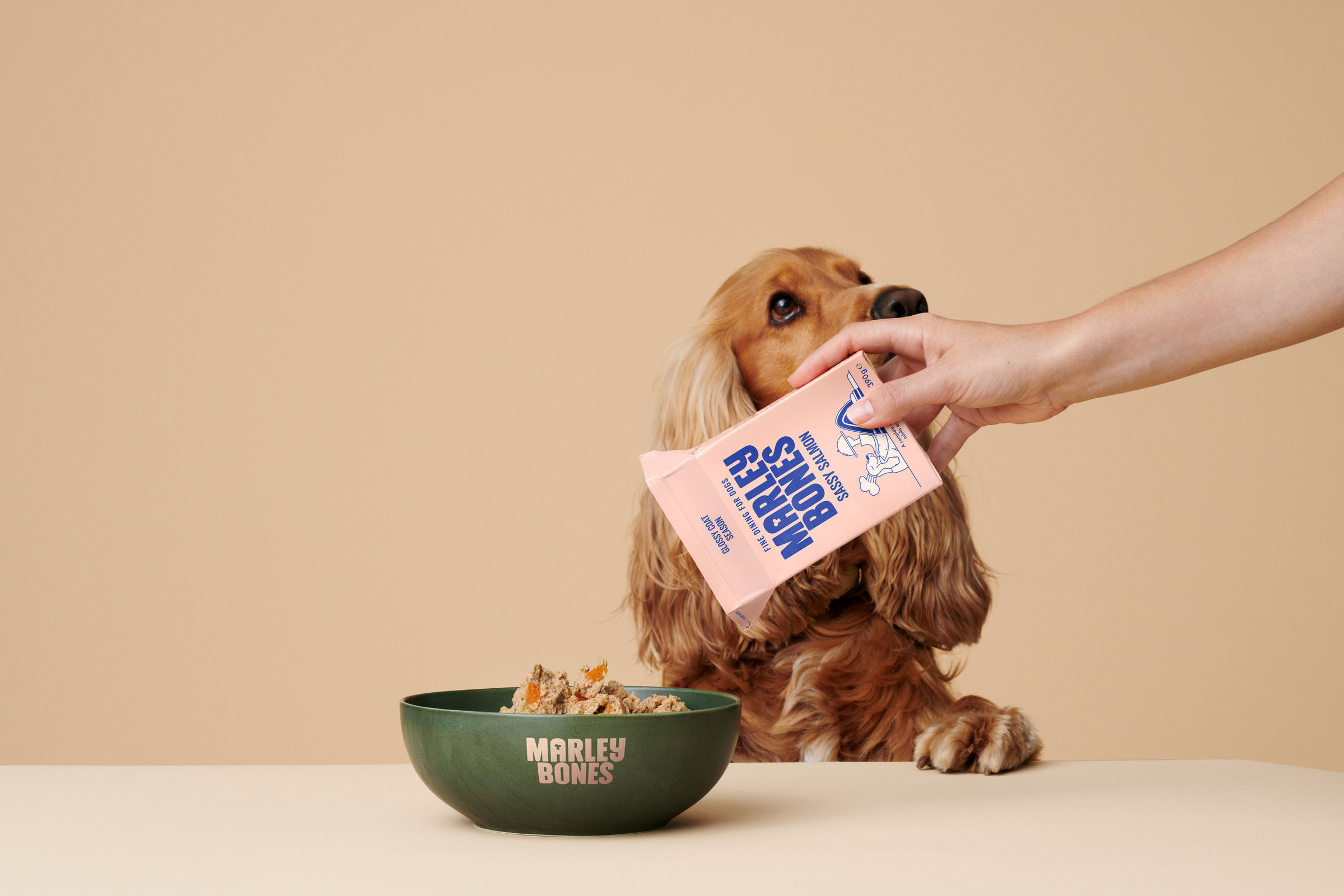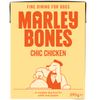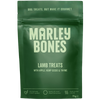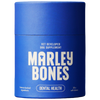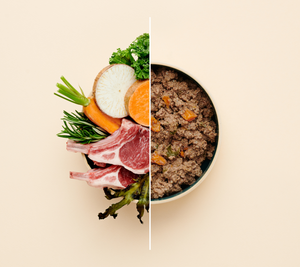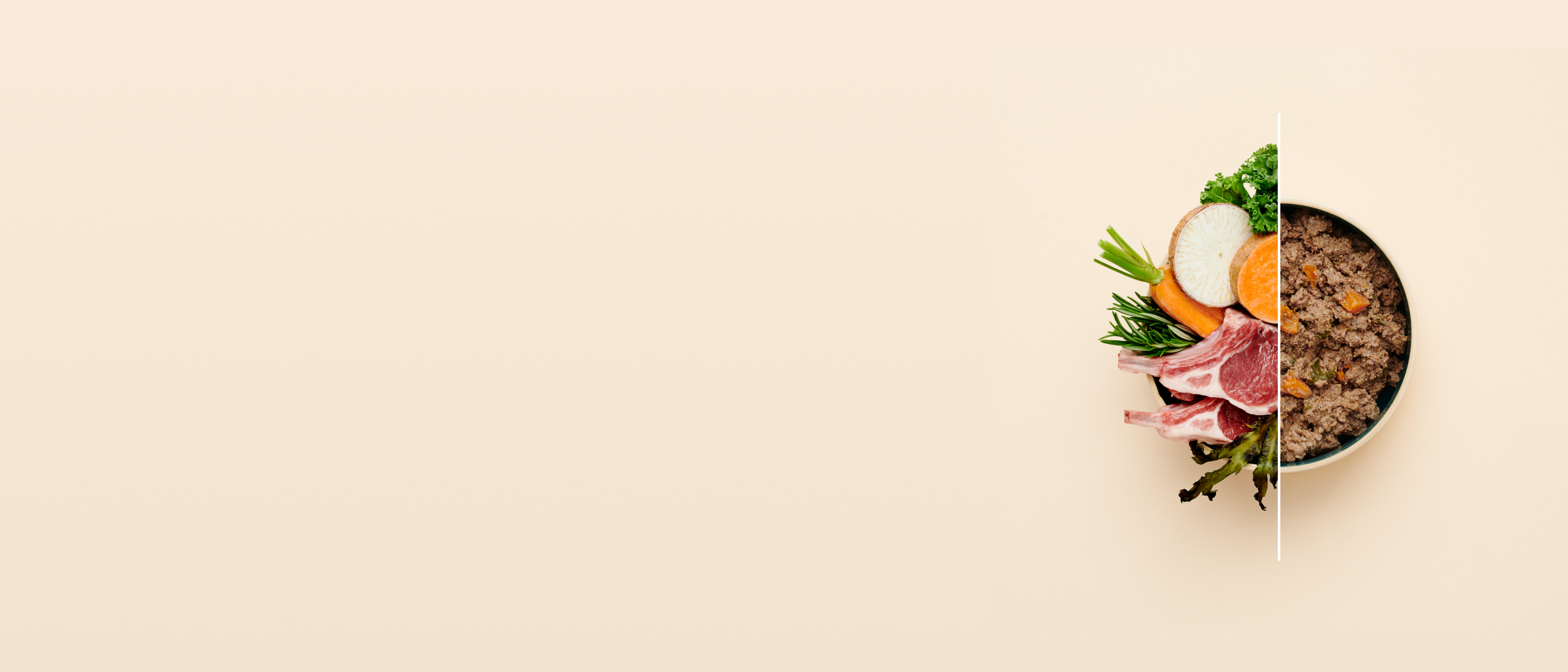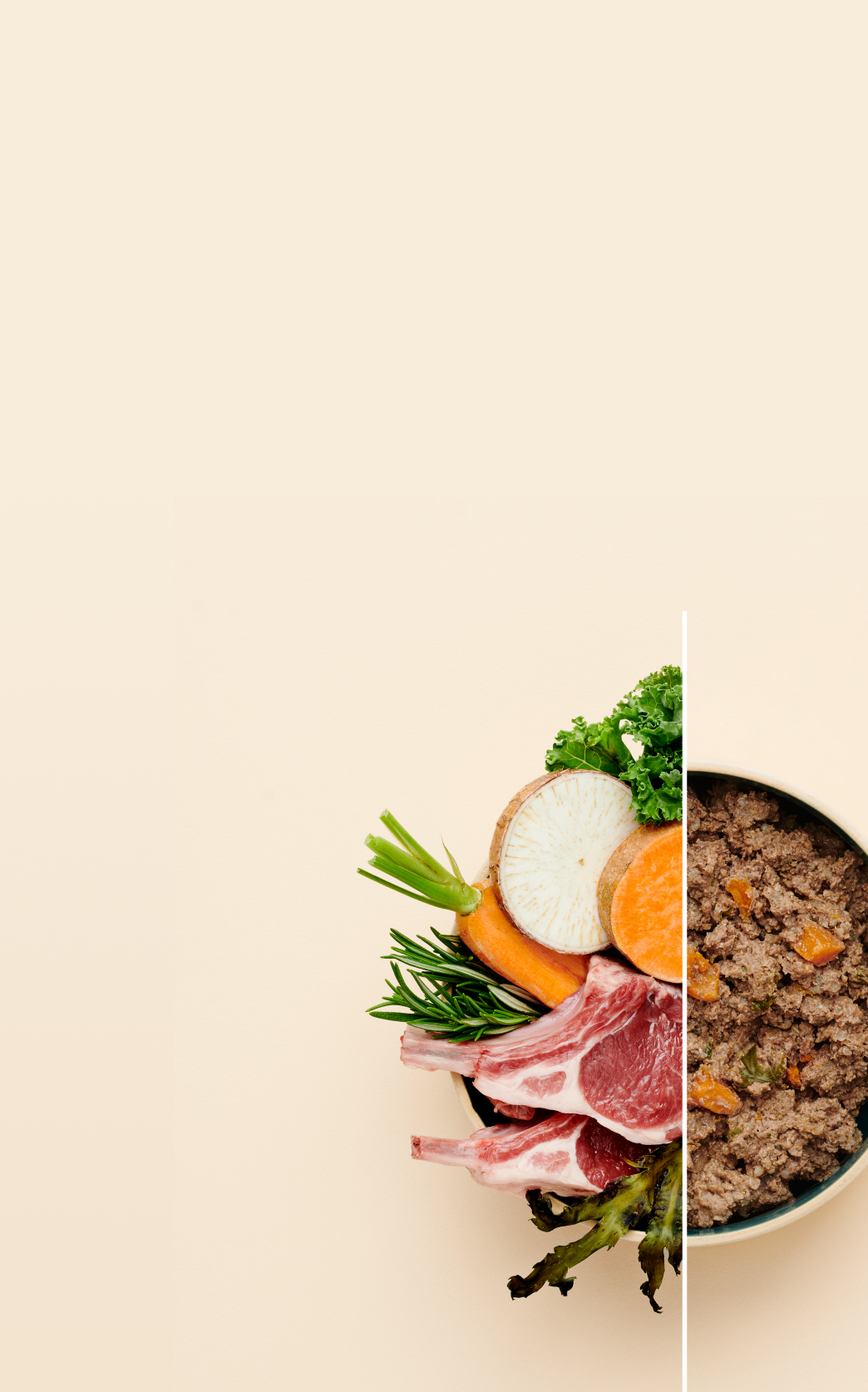Can My Dog Eat Fruit? A Guide To Safe Choices
Fruits might be a regular part of your diet, but what about your dog’s? If you’ve ever wondered whether you can share a bite of banana or a slice of apple with your pup, the answer is yes - but with a few important caveats.
Many fruits are completely safe and even beneficial for dogs. They offer a tasty way to sneak in some extra vitamins, fibre, and antioxidants. But not all fruits are created equal when it comes to your dog’s health. Some should be given in moderation, and others avoided altogether. Let’s break it down.
Fruits Dogs Can Eat
Here’s a detailed look at some popular fruits that are perfectly safe - and even beneficial - when given the right way.
Apples: A crisp apple slice can be a refreshing treat. Apples are high in vitamins A and C, plus fibre, which can help with digestion. They can also help clean your dog’s teeth. Remember to remove the core and seeds (they contain cyanide) and slice into small, manageable chunks.
Bananas: Bananas are full of potassium, fibre, and vitamin B6. They’re soft, easy to digest, and naturally sweet - which makes them an excellent snack. They’re high in natural sugars however, so feed in moderation. Great mashed into meals or chopped as a topper.

Blueberries: These little blue gems are rich in antioxidants, vitamin C, and fibre. They support your dog’s immune system and overall health. Low in calories, they’re also perfect for training treats - or even frozen for a refreshing summer bite.
Oranges: Oranges contain plenty of vitamin C and fibre. While not every dog loves the taste, some enjoy the juicy sweetness. Peel first, remove seeds, and offer small segments only. Too much citrus can upset some dogs’ tummies.
Pears: Packed with vitamins A, C, and K, pears also offer fibre that supports digestive health. Avoid the core and seeds (again, cyanide concerns), and slice into small pieces for safe chewing.
Strawberries: Strawberries are antioxidant-rich and give your dog a vitamin C boost. Plus, they can help with ageing and inflammation. Slice or mash them up - and as with other fruits, don’t go overboard due to the sugar content.
Peaches: Juicy and vitamin-packed, peaches are another fruity favourite. Be sure to remove the pit, which can be toxic and pose a choking hazard. Only offer fresh or frozen slices - no canned peaches in syrup.
Pineapples: This tropical treat is full of vitamins B and C and also contains bromelain, an enzyme that helps digestion. Always remove the spiky skin and core before serving. A few chunks here and there is plenty.
Raspberries: Low in sugar but big on fibre and antioxidants, raspberries are especially great for senior dogs thanks to their anti-inflammatory benefits. Serve in small amounts only - they naturally contain tiny traces of xylitol, which can be harmful in large doses.
Watermelon: Super hydrating and full of vitamins A, B6, and C, watermelon is ideal for hot weather snacks. Remove all seeds and the rind - both can cause tummy issues or blockages. Chop into bite-sized, juicy chunks.
Cranberries: Fresh cranberries can be good for urinary health, thanks to their antioxidant content. Go easy - they’re tart, and too many may lead to stomach upset. Skip cranberry juice or dried versions, which usually contain sugar or additives.
Fruits Dogs Should Avoid
Unfortunately, some fruits are not safe for dogs. Here’s what to steer well clear of:
Grapes and Raisins: These are highly toxic and can lead to sudden kidney failure — even in small amounts. No one knows exactly why, but it’s not worth the risk. Symptoms include vomiting, lethargy, and reduced appetite. Get immediate vet care if your dog eats any.
Avocados: Avocados contain persin, a substance toxic to dogs (and more so for other pets). It’s found in the fruit, leaves, and pit. Avocados are also high in fat, which can lead to pancreatitis. Plus, the pit’s a choking hazard
Lemons: Very acidic and full of oils that can irritate your dog’s digestive system. Lemons may cause vomiting, diarrhoea, and even depression of the nervous system in large quantities. Unsurprising, most dogs dislike the taste anyway - but don’t take chances.
Tomatoes: Ripe tomatoes in small amounts may be okay, but unripe ones and the plant itself contain solanine, which can be toxic. Symptoms include stomach upset, muscle weakness, and confusion. Best to keep tomatoes off the menu altogether.
Other Safe Fruits Worth Adding
Coconut: Coconut and coconut oil offer healthy fats (like MCTs) that can boost energy and improve skin and coat health. Shredded coconut or a spoonful of coconut oil can be added to meals - just avoid the shell and husk.
Pumpkin: Yes, it’s a fruit! Pumpkin is brilliant for digestion - helping with both constipation and diarrhoea. Use plain, canned pumpkin or fresh-cooked puree (no spices or sugar). A tablespoon mixed into food works wonders. You can also offer roasted, unsalted pumpkin seeds in moderation.

The Final Woof
Fruits can be a nutritious and enjoyable addition to your dog’s diet when chosen wisely. Many fruits like blueberries, apples, and bananas offer essential vitamins, fibre, and antioxidants, while others, such as grapes and avocados, should be strictly avoided. Always introduce new foods gradually and in moderation, and monitor for any digestive changes or sensitivities.
For extra digestive support, a gut supplement containing functional ingredients like pumpkin and apple pomace, make your dog's nutrition easy. Pumpkin is rich in fiber and helps regulate digestion, while apple pomace supports the restoration of healthy bowel movements and defecation frequency, promoting better overall gut health.




